NOBODY expected this first India versus England Test match to turn into an all-time cricket classic.
Having not set a 4am alarm on the first day, I woke to hear India already taking their sixth English wicket. That first batting collapse came just after lunch in Hyderabad, but well before breakfast here. As India out-spun, out-batted and out-ran England for two days, fans of both sides began to wonder if any of these five Test matches would even provide a sporting contest.
It was an inauspicious build-up for the visitors: no warm-up games on Indian soil, a last minute TV deal for the UK rights and key players dropping out. Indian visa bureaucracy prevented England’s Shoaib Bashir joining his team-mates in India without flying back to London first, because the Surrey-born bowler’s parents are from Pakistan.
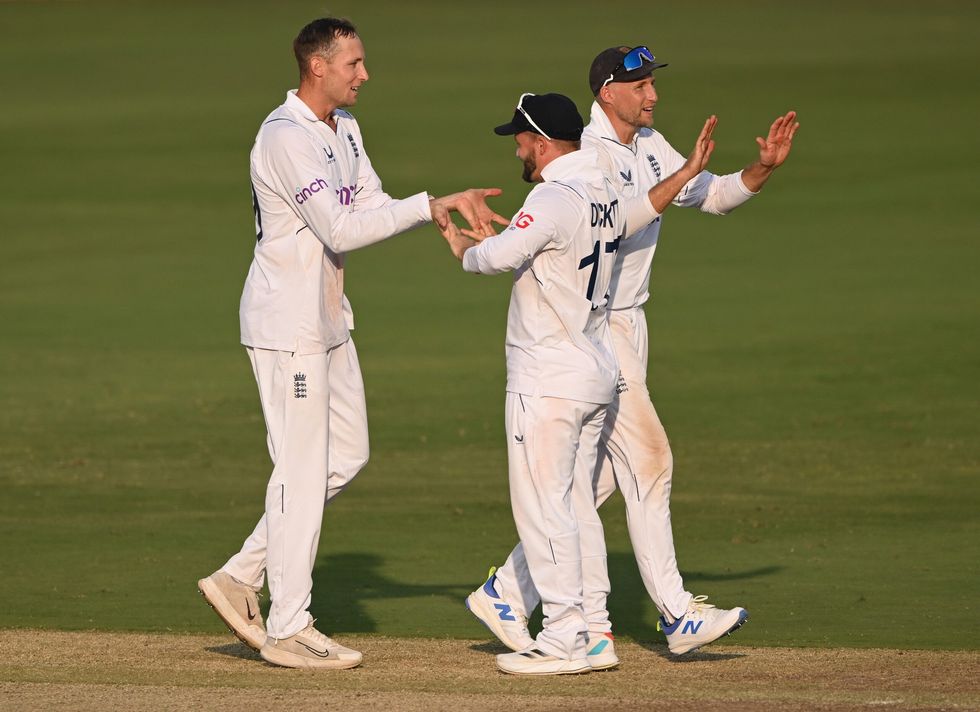
Somehow, the cricket triumphed. Hyderabad 2024 has created new English cricketing legends in batsman Olly Pope and bowler Tom Hartley, hit for six with his first ball but taking seven wickets in the second innings, the kind of Test debut seen once a century. The shock for India fans of losing a home Test after leading by 190 runs should add enormous spice to the series – with many believing Virat Kohli can transform this series when he returns for the third test.
A great series could make the case that England v India could be the most special cricket rivalry of all. England v Australia may have a longer history, and India v Pakistan more passion, though no Test has been played for 15 years. India and Australia will probably contest the final match of the World Test Championship. But England versus India uniquely illuminates the story of cricket – its invention and transformation in shaping a new post-imperial world.
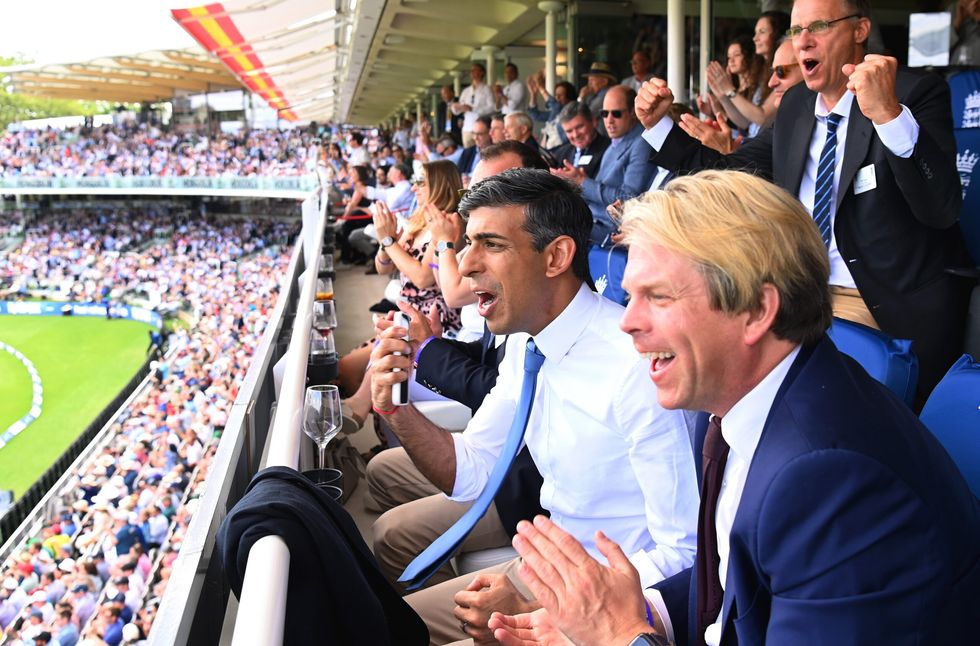
The shifting meanings of England v India over time could be seen as a tale of four innings. That King George V attended the first Lords Test for the new “All India” team in 1932 suggests the King was a pre-emptive opponent of Norman Tebbit’s later cricket test. The second innings saw India’s rise as cricketing underdogs, winning a first Test and series victory in England at the Oval in 1971, where India’s exuberant fans brought an elephant to the outfield. The third act saw the long era of transition to a partnership of equals before India emerged in this century as cricket’s sole superpower.
The sporting contest is remarkably balanced. England and India had each won 24 Tests against the other since 1980 before this series, though results from the earlier decades mean England lead by 50 Tests to 31 overall. There have been 15 Test wins each in this century too, showing how valiantly England have battled to deny their new status as the underdogs today.
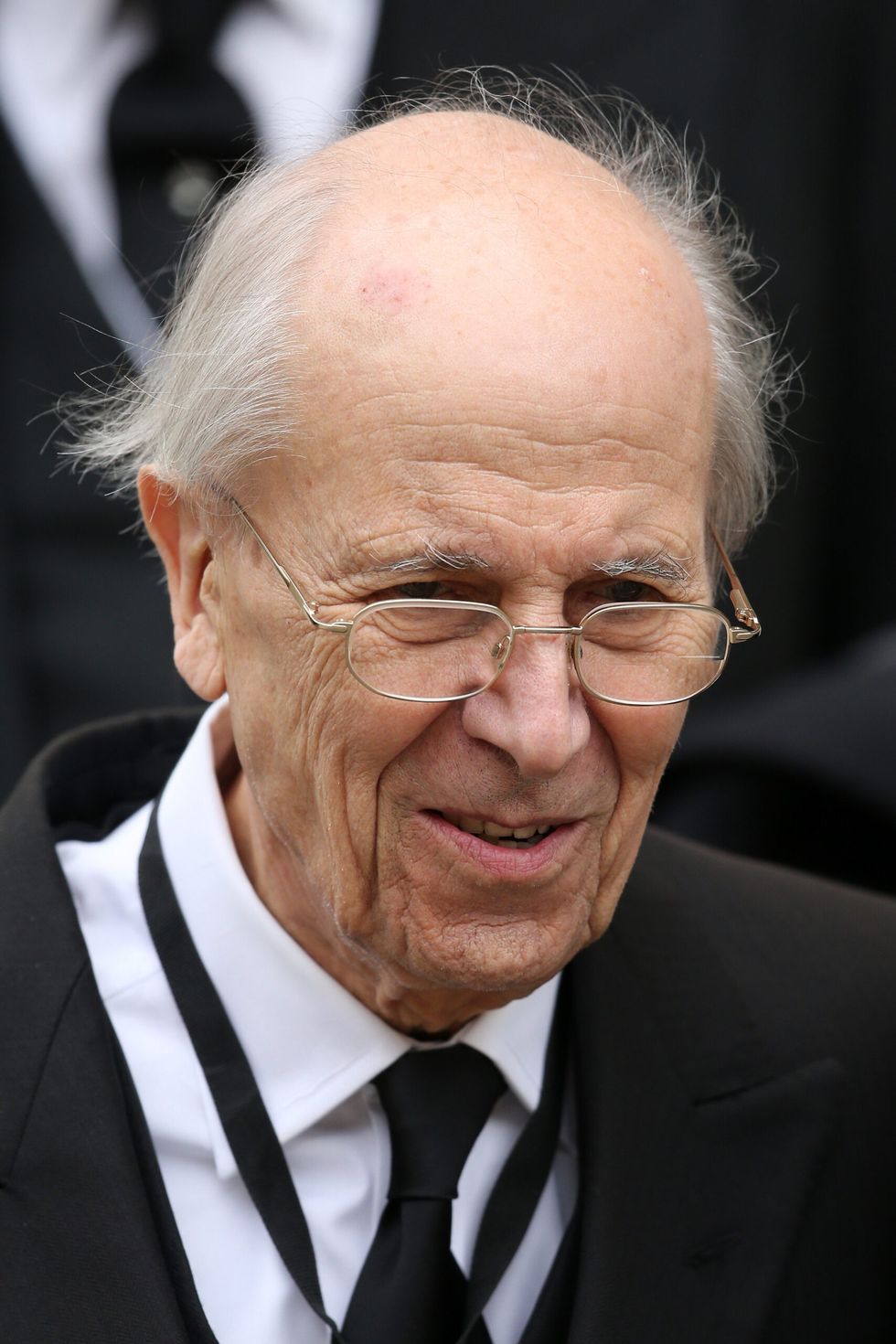
Cricket and identity became a political football with the infamous Tebbit cricket test. Real fans always felt that it was not quite cricket. British Future research later found the public reject it, by a margin of four to one, as a fair test of identity or integration. British Asians mostly support India or another South Asian side at cricket, though one in five supports England.
Football is quite different, however, with more than three-quarters of British Asians in England supporting the Three Lions. That was the spirit in which David Cameron disavowed the Tebbit test during his 2015 general election campaign, a substantive message unfortunately overshadowed by a gaffe over which football team he nominally supports.
We now have a cricket-mad British Indian Prime Minister who has never spoken publicly about the Tebbit Test. That seemed a curious omission in Sunak’s 40 minute Test Match Special interview last summer, where his genuine love of the sport shone through. I have no idea if that was not asked due to a nudge from Number 10, or because it was somehow felt impolite to ask a British Indian Prime Minister about it.
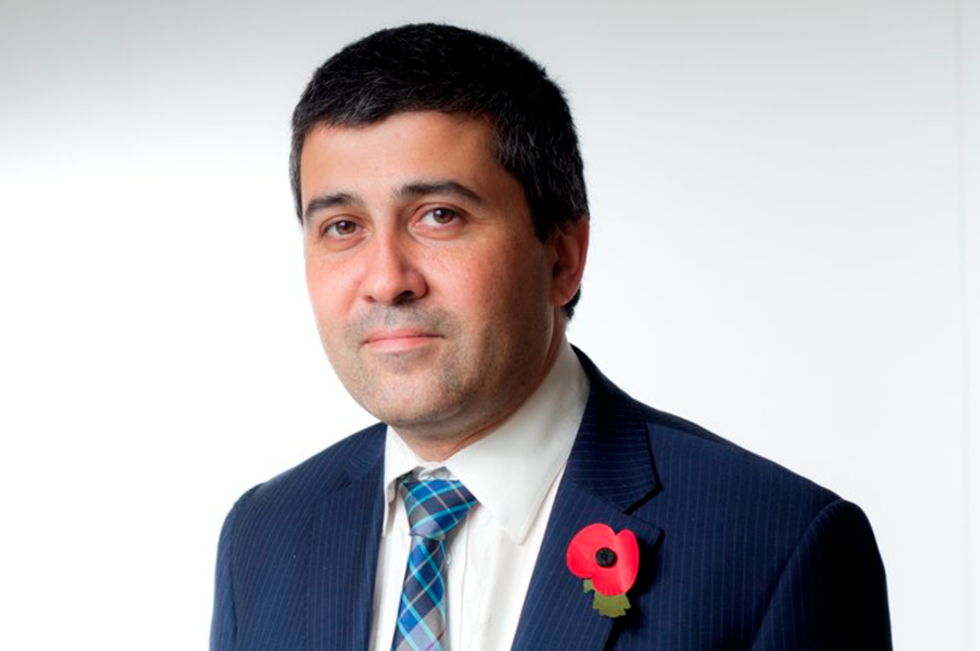
Sunak did recall being in a 90,000-strong crowd for the 2008 Chennai Test, an emotionally charged occasion after the Mumbai bombing. “Tendulkar scored massively – sadly, we lost and India won. It was good to see him bat,” he told the BBC diplomatically. He also spoke warmly about what Eoin Morgan and Adil Rashid’s reflections on the luck of the Irish and the goodwill of Allah in England’s 2019 World Cup victory said about modern Britain.
Sunak would be well placed to reflect how the argument has moved on. An inclusive England in cricket would invite support – without insisting on it – as a first or second team, celebrating too the shared love of the game across generations, families and communities. My Dad was magnanimous in victory when we saw India win at the Oval two summers ago. He wondered if his finding some of the India support a bit too football-like meant he was becoming English after half a century here. He sent me a congratulatory text about England’s win on Sunday. The players now head to Visakhapatnam for the second test. May the best team win!




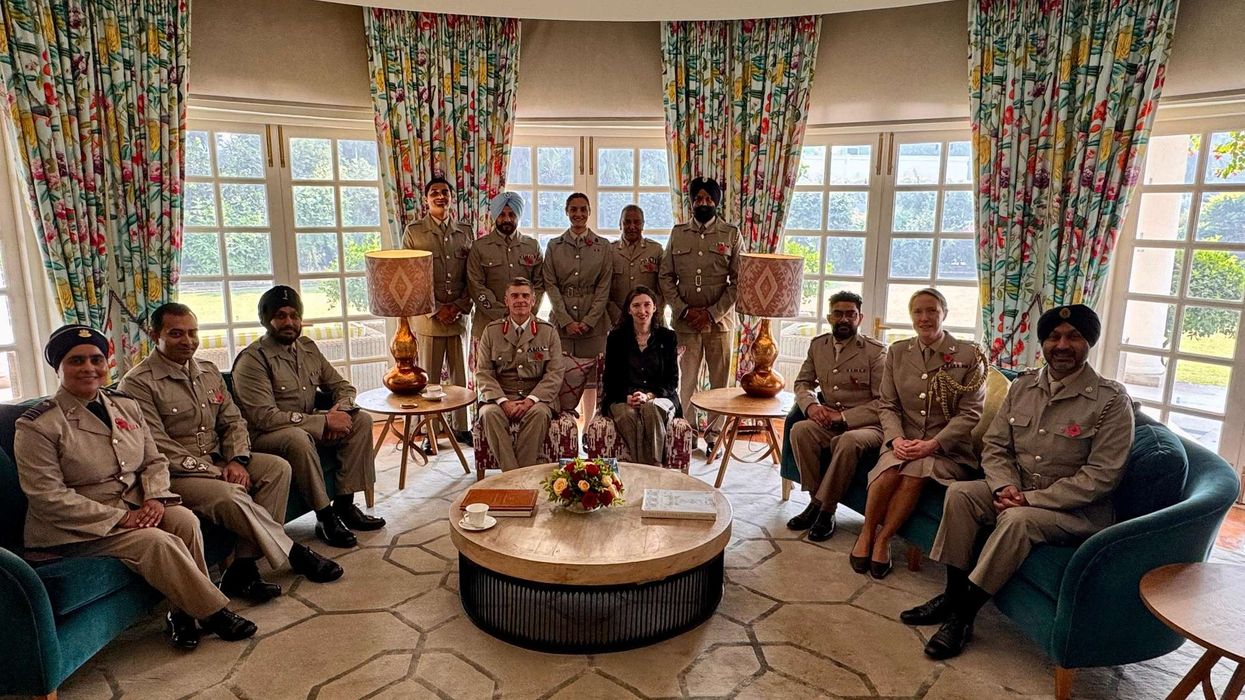
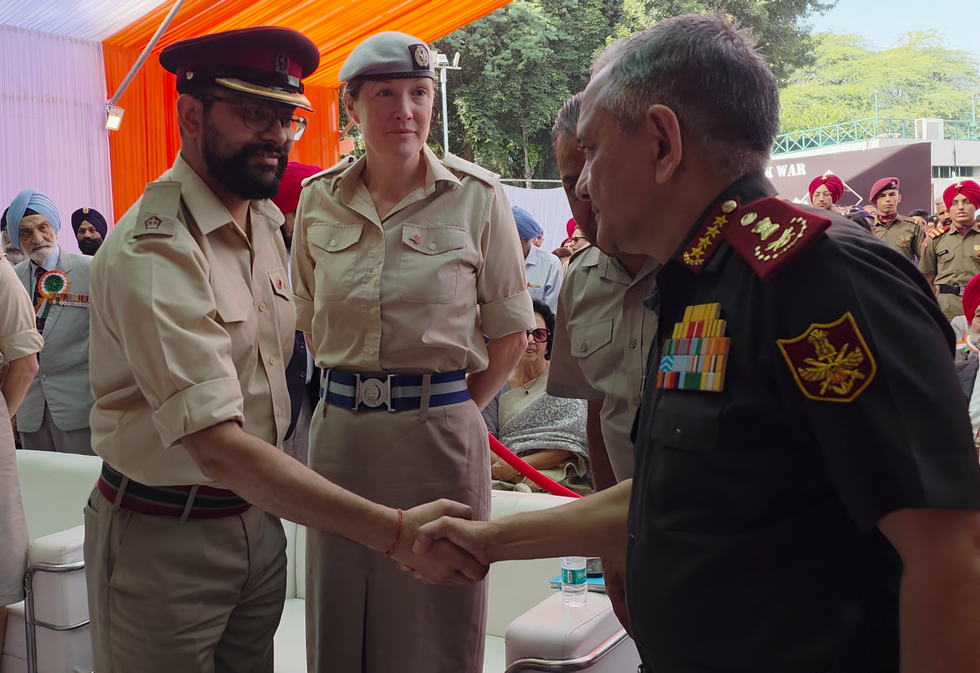
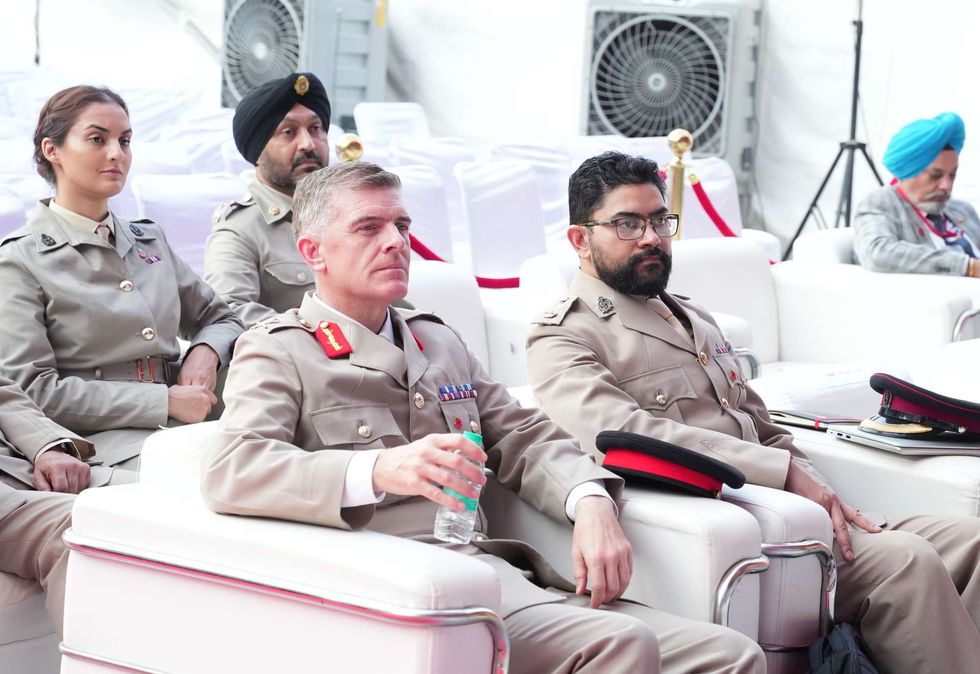
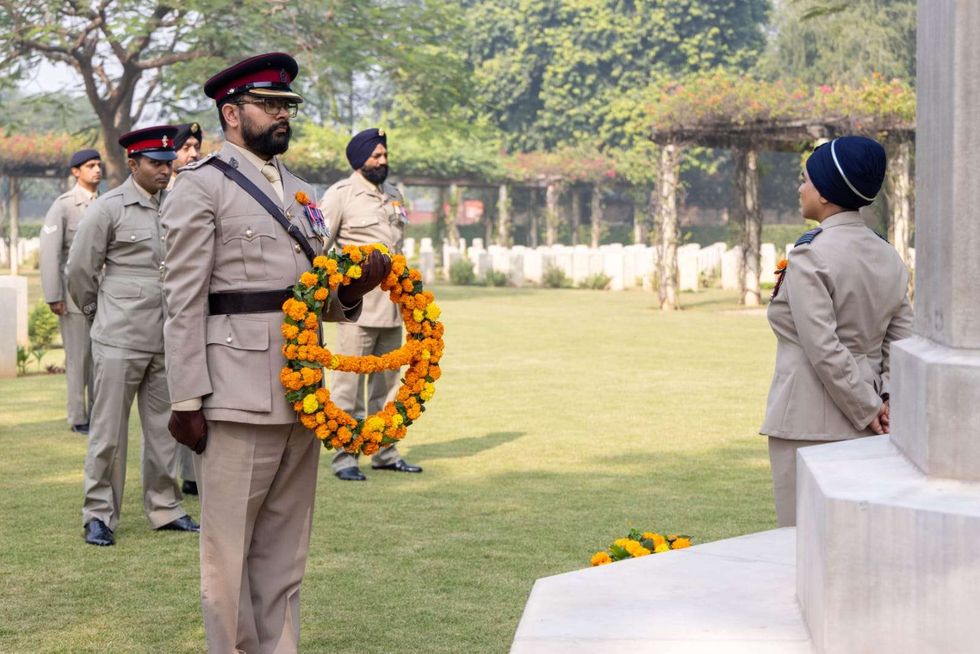
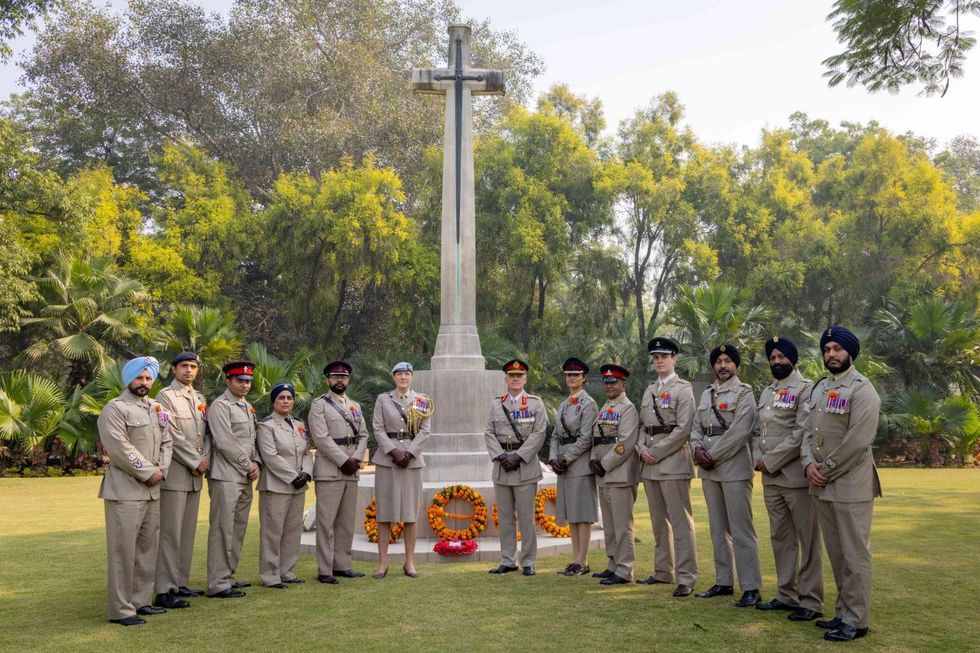
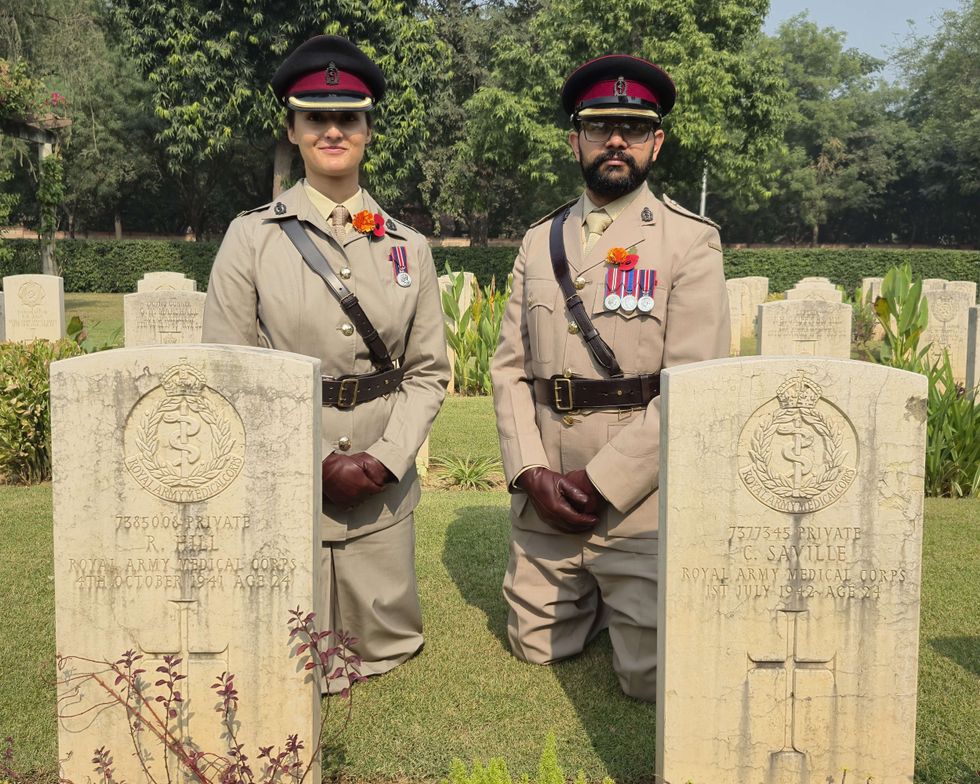







Comment: India v England is a test of sporting brilliance not identity
England v India series uniquely illuminates the story of cricket, says the expert